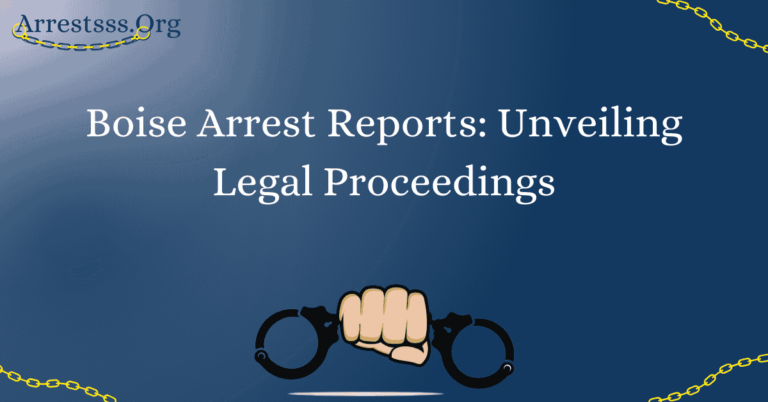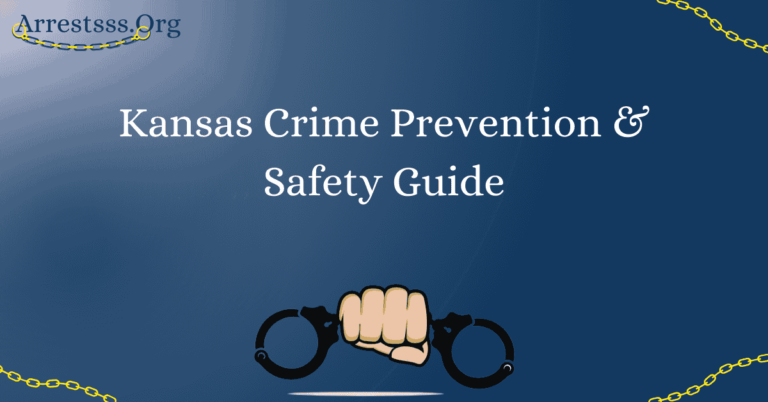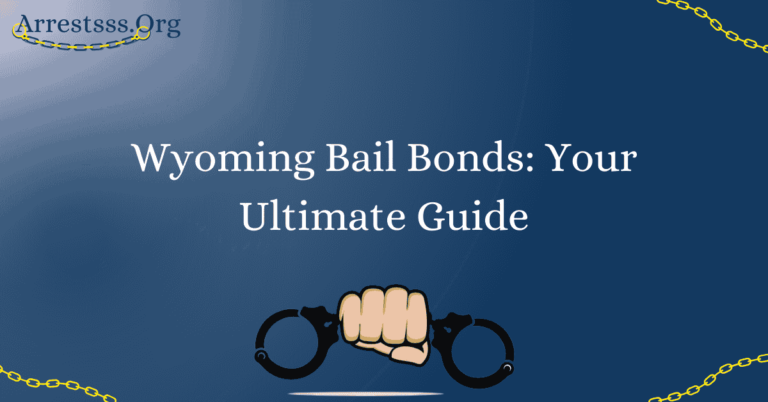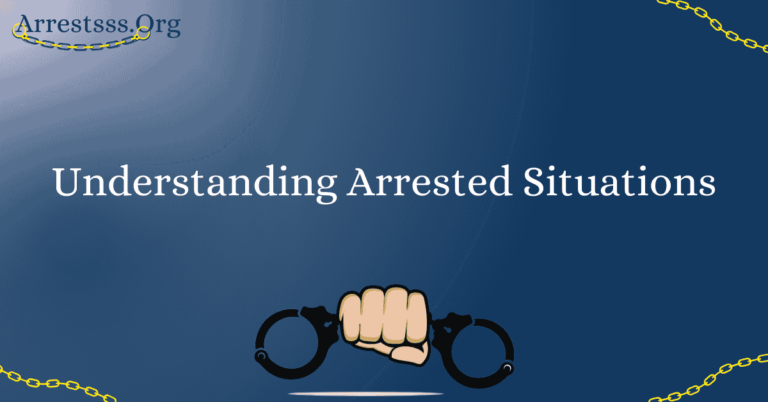Florida DUI Laws: Penalties & Defenses
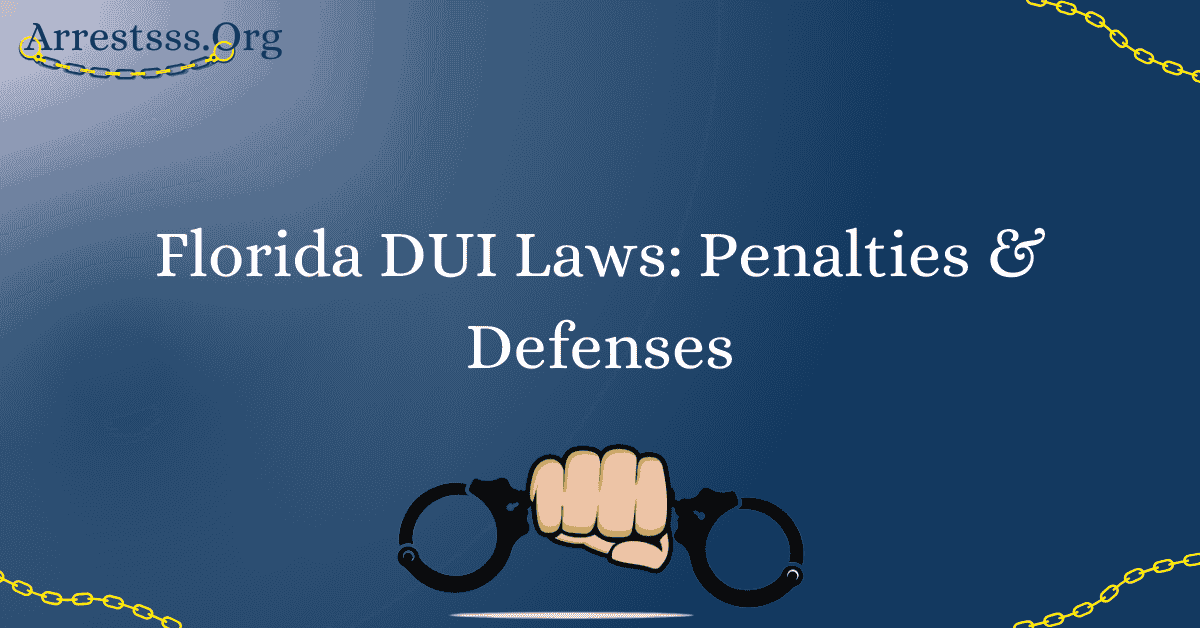
When it comes to navigating the intricate landscape of DUI laws, Florida stands out as a jurisdiction with strict regulations and consequences. Understanding Florida DUI laws, penalties, and available defenses is crucial for residents and visitors alike. In this comprehensive guide, we will delve into the depths of Florida’s DUI regulations to provide you with a clear roadmap to navigate this legal terrain.
Before we dive into the specifics, let’s begin with a brief overview of Florida’s DUI laws. DUI, which stands for Driving Under the Influence, is a criminal offense that involves operating a motor vehicle while impaired by alcohol or drugs. Florida, like many states, has set strict limits on blood alcohol concentration (BAC) levels to determine if a driver is under the influence.
Florida DUI Offenses
Florida’s DUI laws encompass various offenses and scenarios, each with its own set of implications. It’s essential to be aware of these nuances to comprehend the gravity of the situation.
- BAC Limits and Presumptions: In Florida, a BAC of 0.08% or higher is considered legally intoxicated. However, for drivers under 21 and commercial drivers, lower BAC limits apply, often resulting in stricter penalties.
- DUI for Minors: Florida enforces a “Zero Tolerance” policy for underage drivers. Any detectable BAC level can lead to severe consequences for minors caught driving under the influence.
- Enhanced Penalties for High BAC: Drivers with exceptionally high BAC levels may face enhanced penalties, including longer license suspensions and mandatory alcohol education programs.
- DUI Manslaughter: Accidents involving DUI that result in fatalities can lead to DUI manslaughter charges, carrying severe penalties, including imprisonment.
Penalties for DUI in Florida
Understanding the potential consequences of a DUI conviction in Florida is crucial to appreciate the gravity of the situation.
- Administrative Penalties: Following a DUI arrest, administrative penalties can include immediate license suspension and the requirement to attend DUI school.
- Criminal Penalties: Criminal penalties vary based on factors such as BAC level, previous DUI convictions, and whether there was property damage or bodily harm.
- Mandatory DUI School: Many DUI offenders are required to attend DUI school as part of their sentencing. Completion of this program is often a condition for reinstating a suspended license.
- License Suspension and Revocation: DUI convictions can result in temporary license suspension or, in severe cases, permanent revocation of driving privileges.
DUI Defenses and Legal Strategies
When facing DUI charges, it’s essential to explore potential defenses and legal strategies to mitigate the consequences.
- Challenging BAC Test Results: BAC tests are not infallible. DUI attorneys can challenge the accuracy and validity of these results, potentially leading to reduced charges or dismissals.
- Field Sobriety Tests and Their Reliability: Field sobriety tests can be subjective and influenced by various factors. Skilled attorneys can question their reliability in court.
- Miranda Rights Violations: If law enforcement fails to properly advise a suspect of their Miranda rights, any subsequent statements may be inadmissible in court.
- Inadmissible Evidence: DUI defense attorneys can work to exclude evidence obtained through unlawful or unconstitutional means, weakening the prosecution’s case.
Seeking Legal Representation
Navigating the complex web of Florida DUI laws is a challenging task. To increase your chances of a favorable outcome, it’s crucial to seek legal representation.
- The Role of a DUI Attorney: A qualified DUI attorney can guide you through the legal process, ensuring your rights are protected and building a strong defense on your behalf.
- Public Defender vs. Private Attorney: Choosing between a public defender and a private attorney is a critical decision. While public defenders are available for those who cannot afford legal representation, private attorneys often offer more personalized attention and expertise.
- Building a Strong Defense Strategy: Your attorney will work closely with you to construct a robust defense strategy, potentially leading to reduced charges, dismissed cases, or favorable plea bargains.
FAQ’s
What are the penalties for a first-time DUI offense in Florida?
In Florida, the penalties for a first-time DUI offense can vary based on the specific circumstances of the case. Generally, a first-time DUI conviction may result in:
- License Suspension: A minimum of 6 months license suspension, although it could be longer depending on factors like BAC level and refusal to take a breathalyzer test.
- Fine: Fines ranging from $500 to $1,000. If the BAC is exceptionally high or there is a minor in the vehicle, the fine may be higher.
- Probation: Up to one year of probation, during which you may be required to attend DUI school, perform community service, or other court-ordered activities.
- Vehicle Impoundment: Your vehicle may be impounded for up to 10 days.
- Ignition Interlock Device (IID): Installation of an IID may be required, especially if your BAC is high.
- Jail Time: While not mandatory for a first offense, you could face up to 6 months in jail, particularly if there are aggravating factors involved.
It’s important to note that these penalties can be influenced by factors such as prior criminal history, the presence of minors in the vehicle, and exceptionally high BAC levels.
Can I refuse a breathalyzer test in Florida if I’m pulled over for suspected DUI?
Yes, you can refuse a breathalyzer test in Florida, but it comes with consequences. Florida has an implied consent law, which means that by obtaining a driver’s license, you agree to submit to chemical tests, including breathalyzer tests if law enforcement suspects you of DUI. Refusing the test can result in an immediate administrative license suspension, which can last up to one year for a first offense and longer for subsequent refusals. Additionally, your refusal can be used against you in court as evidence of guilt. It’s essential to consult with an attorney before deciding to refuse a breathalyzer test, as the consequences can be significant.
How can I challenge a DUI charge in Florida?
Challenging a DUI charge in Florida requires a strategic and legally sound approach. Some steps to consider include:
- Hire a DUI Attorney: Consult with an experienced DUI attorney who understands Florida’s laws and can evaluate the specific details of your case.
- Evidence Review: Your attorney will scrutinize all evidence, including BAC test results, field sobriety tests, and the circumstances of the arrest, to identify potential weaknesses in the prosecution’s case.
- Procedural Errors: If law enforcement made errors during your arrest, such as violating your Miranda rights or conducting an unlawful search, your attorney can file motions to suppress evidence obtained through these errors.
- Witness Statements: Your attorney may interview witnesses and gather evidence that can support your defense or challenge the credibility of the prosecution’s witnesses.
- Negotiation: In some cases, your attorney may negotiate with the prosecution to pursue reduced charges or alternative sentencing options.
- Trial: If a favorable resolution cannot be reached, your case may go to trial, where your attorney will present a strong defense and challenge the prosecution’s evidence.


